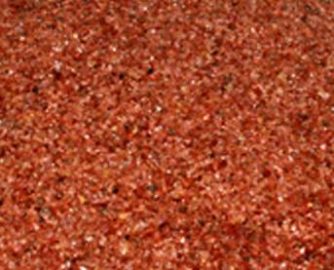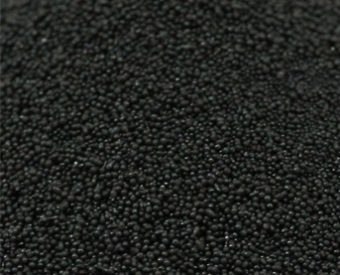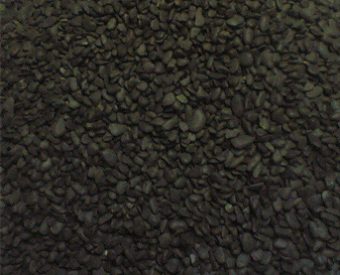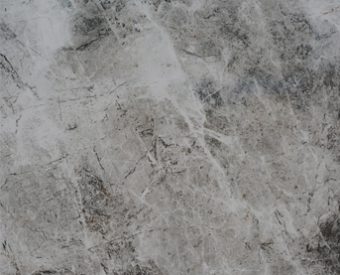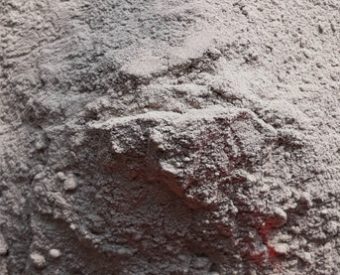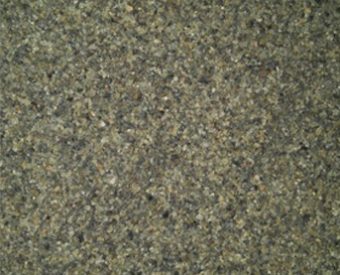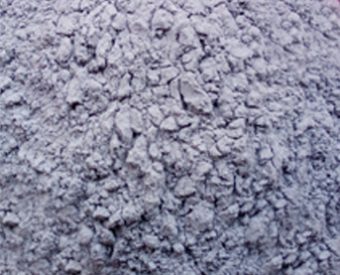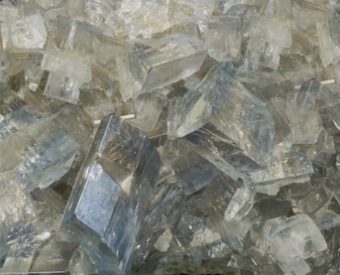Bentonite is a very widely distributed clay material that is the result of the devitrification and chemical alteration of glassy volcanic ash or tuff. Bentonite should be used as the name of a rock derived from volcanic glass and it is commonly composed of the mineral montmorillonite but less often of beidellite.Its characteristic minerals are completely crystalline and have a micaceous habit, high birefringence and facile cleavage. It contains no gel colloids, and few of its crystal particles are so small as to reach "colloidal size". It shows high adsorptive powers and this property is more dependent upon physical form than upon chemical composition. That is upon the micaceous structure and easy cleavage which give very great surface area and the 'felt-like texture which facilitates permeability.
The clay minerals of the type here described resemble the micas in many ways, but do not seem to possess the marked chemical variability of that group. A large number of analyses of the clay minerals from bentonite indicates that the most widespread of these is montmorillonite with the formula (Mg, Ca)O A1203 5SiO2, nH20.
A reanalysis of the type montmorillonite from Montmorillon, France, gives the same formula, and the mineral has also been recognized in lithium-bearing pegmatites and in fullers’ earth.
| CERTIFICATE OF ANALYSIS | |||
|---|---|---|---|
| BENTONITE POWDER-API | |||
| Parameter | Protocol | Specification | Result |
| Viscometer dial reading @ 600 rpm | API 13 A Sec 9 | 30 MIN | 32 |
| Viscometer dial reading @ 300 rpm | API 13 A Sec 9 | 0 | 24 |
| Yield point/ plastic viscosity ratio | API 13 A Sec 9 | 3.0 Max | 2 |
| Filtration loss, cc | API 13 A Sec 9 | 15 cc Max | 11.6 |
| Residue of diameter greater than 75 micron | API 13 A Sec 9 | 4% Max | 1.25 |
| Moisture, % wt | UMC/IN/301 | 11% Max | 10.44 |
Conclusion: The sample conforms to sales specifications
BENTONITE APPLICATIONS
- Bentonite is used as a bonding material in the preparation of moulding sand for the production of cast iron, steel, and non-ferrous casting. The unique properties of bentonite yield green sand moulds with good flowability, compatibility, and thermal stability for the production of high-quality castings
- Bentonite is as a mud constituent for oil- and water- well drilling. Its role is mainly to seal the borehole walls, to remove drill cuttings and to lubricate the cutting head. The special higher mud yield results in using less quantity of Bentonite for the same standard mud. This results in the lesser requirement of Bentonite.
- Bentonite has been widely used as a foundry-sand bond in iron and steel foundries. Sodium bentonite is most commonly used for large castings that use dry molds, while calcium bentonite is more commonly used for smaller castings that use “green” or wet molds. Bentonite is also used as a binding agent in the manufacture of iron ore (taconite) pellets as used in the steelmaking industry. Bentonite, in small percentages, is used as an ingredient in commercially designed clay bodies and ceramic glazes.
- Bentonite is used in drilling fluids to lubricate and cool the cutting tools, to remove cuttings, and to help prevent blowouts. Much of bentonite’s usefulness in the drilling and geotechnical engineering industry comes from its unique rheological properties. Relatively small quantities of bentonite suspended in water form a viscous, shear-thinning material. Most often, bentonite suspensions are also thixotropic, although rare cases of rheopectic behavior have also been reported.


